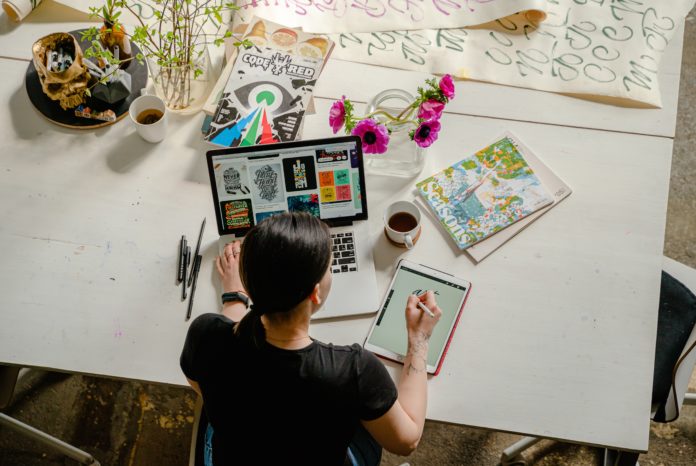Microsoft Corp. has released its second annual Work Trend Index report, “Great Expectations: Making Hybrid Work Work.”
After sitting on the cusp of hybrid work for more than a year, many companies are at a long-awaited inflection point: the lived experience of hybrid work.
The past two years have left a lasting imprint, fundamentally changing how people define the role of work in their lives. The challenge ahead for every organization is to meet employees’ great new expectations head on while balancing business outcomes in an unpredictable economy.
To help leaders navigate the shift, the 2022 Work Trend Index outlines five urgent trends from an external study of 31,000 people in 31 countries (including 14 markets in Asia Pacific) along with an analysis of trillions of productivity signals in Microsoft 365 and labor trends on LinkedIn:
Employees have a new “worth it” equation
57% of employees in Asia and 48% of employees in Australia and New Zealand (ANZ) say they’re more likely to prioritize their health and wellbeing over work than before the pandemic.
Managers feel wedged between leadership and employee expectations
58% of leaders in Asia and 40% of leaders in ANZ say their company is planning a return to full-time in-person work in the year ahead.
57% of managers in Asia and 61% of managers in ANZ say leadership at their company is out of touch with employee expectations and 78% of managers in Asia and 73% of managers in ANZ say they don’t have the influence or resources to drive change for their team.
Leaders need to make the office worth the commute
41% of hybrid employees in Asia and 34% of hybrid employees in ANZ say their biggest challenge is knowing when and why to come into the office yet only 34% of leaders have created team agreements to define these new norms.
Flexible work doesn’t have to mean “always on”
56% of workers in Asia and 50% of workers in ANZ are open to using immersive digital spaces for meetings in the next year.
Rebuilding social capital looks different in a hybrid world
With 61% of hybrid workers in Asia and 47% of hybrid workers in ANZ considering a shift to full-remote in the year ahead, companies cannot rely solely on the office to recoup the social capital we’ve lost the past two years.
43% of leaders in Asia and 40% of leaders in ANZ say relationship-building is the greatest challenge of having employees work hybrid or remote.
“There’s no erasing the lived experience and lasting impact of the past two years, as flexibility and well-being have become non-negotiables for employees,” said Jared Spataro, corporate vice president, Modern Work, Microsoft. “By embracing and adapting to these new expectations, organizations can set their people and their business up for long-term success.”














